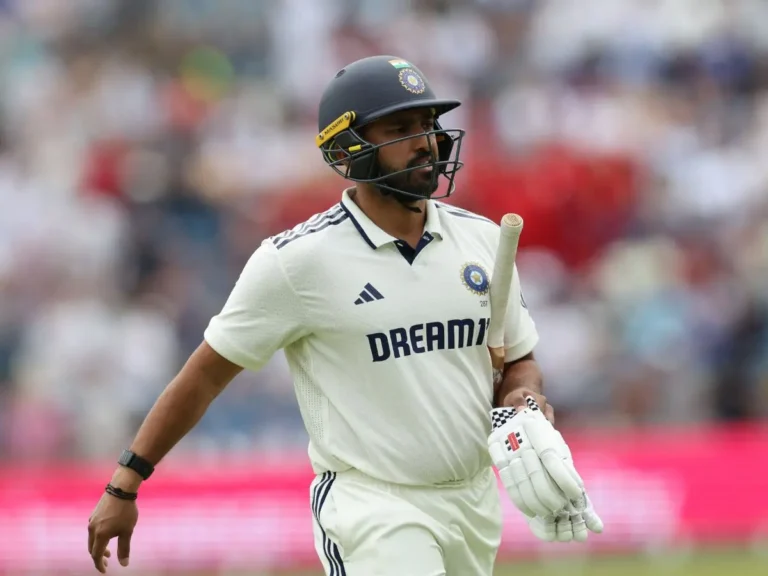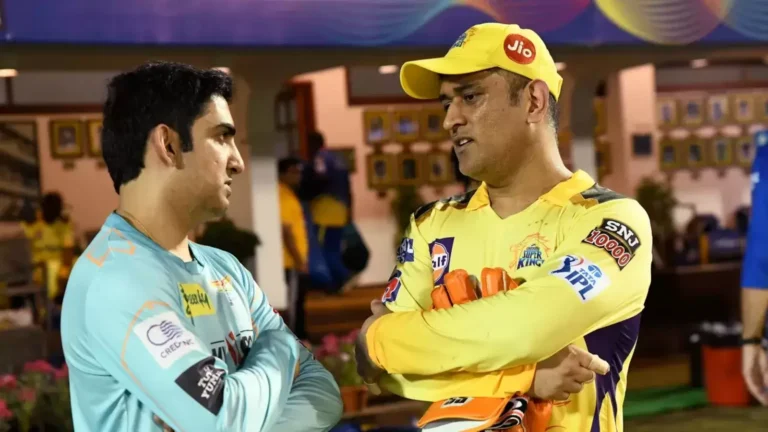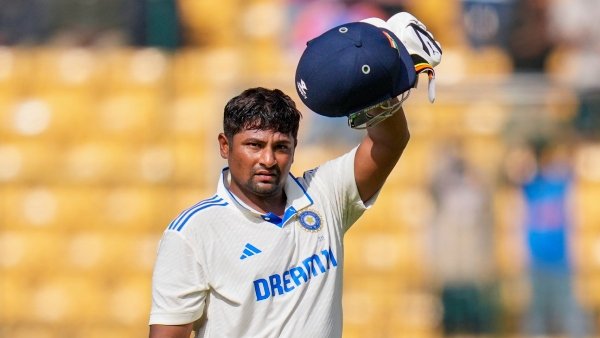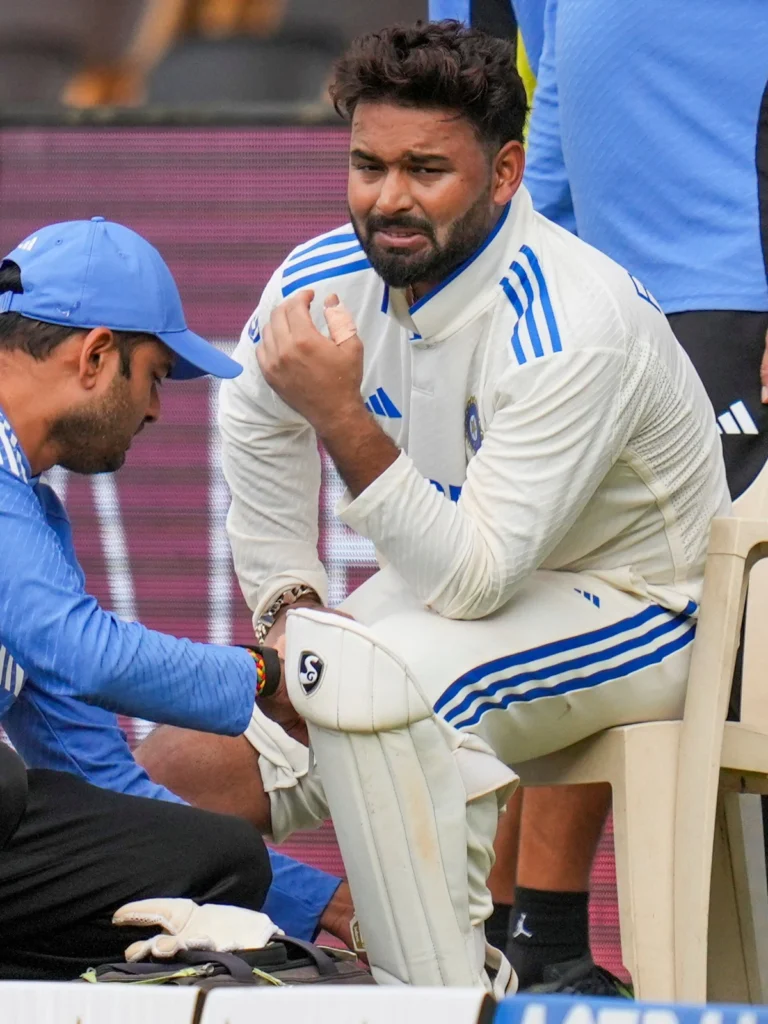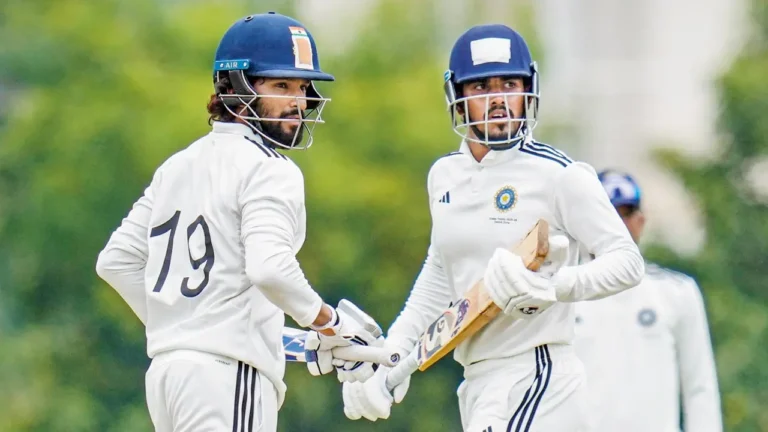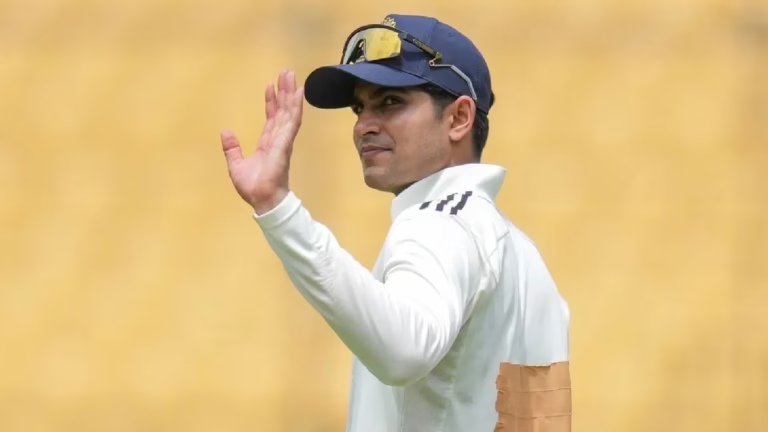In the ever-evolving saga of Indian cricket, few appointments have sparked as much debate as Shubman Gill’s elevation to the captaincy of the Indian Test team in May 2025. At just 25 years old, Gill became one of India’s youngest Test captains, stepping into the void left by the retirements of stalwarts Virat Kohli and Rohit Sharma from the longest format. Hailed as “The Prince” for his elegant batting and composure under pressure, Gill’s journey from a promising U-19 star to the helm of the national side appears, on the surface, as a natural progression driven by talent and timing. Yet, beneath this narrative lies a web of corporate investments, political affiliations, and administrative decisions that have led many to question whether his ascent was purely cricketing merit or influenced by powerful off-field forces.
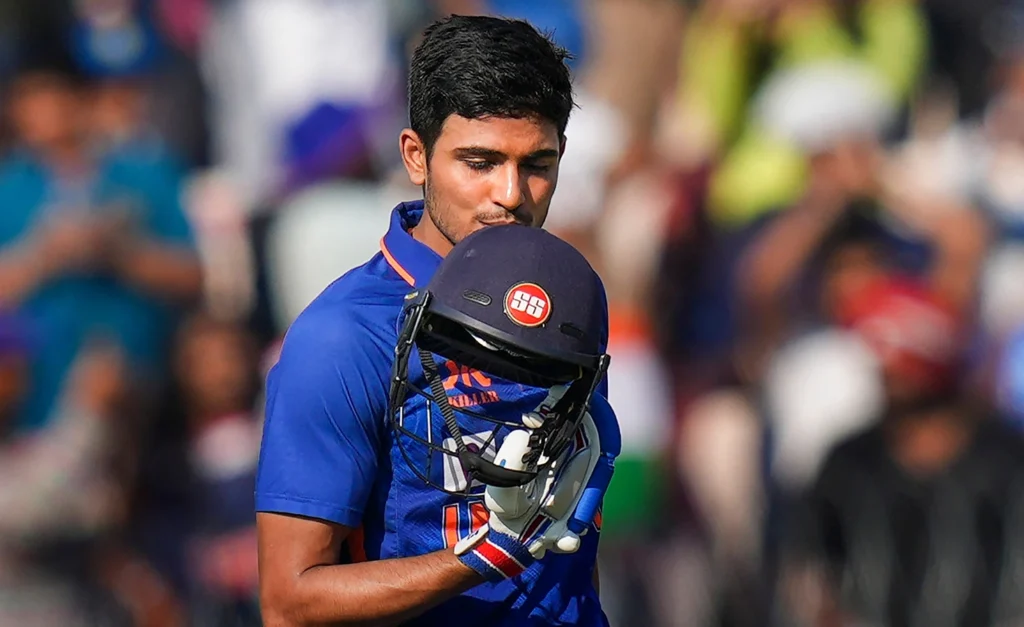
Gill’s Cricketing Journey: From Prodigy to Leader
Shubman Gill’s path to captaincy began long before his official appointment. Born in 1999 in Fazilka, Punjab, Gill burst onto the scene as a key member of India’s 2018 U-19 World Cup-winning squad, where he was the leading run-scorer. His graceful strokeplay and technical prowess drew comparisons to Kohli early on, earning him a spot in the senior team by 2019. Over the next few years, Gill established himself as a versatile batsman across formats, with notable performances including a double century in ODIs and consistent contributions in Tests.
The turning point came in late 2024 and early 2025, amid a generational shift in Indian cricket. Rohit Sharma announced his retirement from Tests following the 2024-25 series against Australia, and Kohli followed suit shortly after, citing the need for fresh leadership. Gill, already vice-captain in limited-overs formats and captain of the IPL’s Gujarat Titans since 2024, was seen as a frontrunner. His leadership credentials were bolstered by guiding the Titans to playoffs and leading India in a T20I series against Zimbabwe in 2024.
On May 24, 2025, the BCCI selectors, led by Ajit Agarkar, unveiled Gill as the new Test captain for the upcoming five-match series against England, with Rishabh Pant as his deputy. Gill reacted with humility, stating, “It’s a huge honor, and I’m excited to lead this talented group.” His debut series as captain was a resounding success: India clinched a dramatic win, with Gill amassing 754 runs, including four centuries, leading from the front.
Proponents of the merit-based narrative argue that Gill’s appointment was inevitable. Former players like Irfan Pathan emphasized continuity, noting Gill’s vice-captaincy experience and ability to thrive under pressure. Selectors highlighted his form, tactical acumen, and youth as ideal for rebuilding the team post-Kohli-Rohit era.
The Corporate Catalyst: Torrent Group’s Stake in Gill’s Franchise
Gill’s IPL journey adds another layer. Since 2022, he has been a cornerstone of the Gujarat Titans, becoming captain in 2024 after Hardik Pandya’s departure to Mumbai Indians. The franchise’s ownership shifted dramatically in February 2025 when Ahmedabad-based Torrent Group acquired a 67% majority stake for approximately ₹5,000 crore (about $575 million) from CVC Capital Partners. Torrent, a conglomerate in pharmaceuticals, power, and gas with a $25 billion market cap, framed the move as a long-term investment in India’s sports sector.
This acquisition coincided with Gill’s national rise, raising eyebrows about potential synergies. IPL franchises derive immense value from star players, especially captains who double as national leaders. The “captaincy premium” – where a national captain boosts a team’s brand, sponsorships, and valuation – is well-documented. For instance, Chennai Super Kings’ value soared due to MS Dhoni’s enduring appeal. Gujarat Titans’ valuation jumped from $69 million in 2024 to $142 million in 2025, but still trailed top teams like Royal Challengers Bengaluru and Mumbai Indians. Elevating Gill nationally could accelerate this growth, providing Torrent a hefty return on investment.
Torrent’s political donations further fuel speculation. Between 2019 and 2024, the group purchased electoral bonds worth ₹185 crore, with ₹137 crore going to the Bharatiya Janata Party (BJP). A notable incident: In May 2019, Torrent bought bonds worth ₹14.9 crore, followed by a ₹285 crore tax waiver from the BJP-led Maharashtra government weeks later. Torrent Chairman Emeritus Sudhir Mehta’s longstanding ties to Prime Minister Narendra Modi, dating back to 2003, underscore this alignment.
Critics argue this creates a quid pro quo: Torrent’s support for the BJP reciprocated through influence in cricket, enhancing Gill’s profile to boost the Titans’ value.
The Political Coach: Gautam Gambhir’s Role and Contradictions
Enter Gautam Gambhir, appointed India’s head coach on July 9, 2024, succeeding Rahul Dravid. A former BJP Member of Parliament (2019-2024), Gambhir’s transition from politics to coaching was swift, based on his IPL mentorship success with Kolkata Knight Riders.
Gambhir has been Gill’s staunchest defender. During the England series, he dismissed critics of Gill’s tactics as “those who don’t know cricket.” He praised Gill’s leadership as “fabulous” and “phenomenal,” urging patience for the young skipper. This protective stance contrasts sharply with Gambhir’s pre-coaching rhetoric against “hero worship” in cricket, where he criticized media for building individual brands over team ethos.
People have accused Gambhir of injecting “dirty politics” into selections, sidelining players like Shreyas Iyer and Axar Patel to safeguard Gill’s position. Mohammad Kaif echoed concerns about transparency in vice-captaincy changes.
The BCCI’s governance amplifies these issues. Led by Jay Shah (son of Home Minister Amit Shah) and other BJP-linked figures, the board has been criticized for centralizing power in a “Gujarat Lobby.” Conflict-of-interest rules exist but are inconsistently applied, creating grey areas for indirect influences like those alleged here.
Merit vs. Manipulation: Weighing the Evidence
The merit case is robust: Gill’s 754-run haul in his debut series as captain silenced doubters like Sanjay Manjrekar, who initially favored Jasprit Bumrah. Gambhir’s support could simply reflect belief in Gill’s potential.
Yet, the correlations are striking: Torrent’s acquisition post-Gill’s IPL captaincy, their BJP donations, Gambhir’s political past, and the BCCI’s alignment suggest a symbiotic system where corporate-political ties influence sporting decisions.
Media viewpoints vary. Pro-government outlets emphasize merit, while independent sources highlight biases. Stakeholders like former players urge transparency to preserve trust.
| Aspect | Merit Narrative | Influence Allegations |
|---|---|---|
| Performance | U-19 star, consistent international runs, IPL leadership | Talent exploited for corporate gain |
| Timing | Post-retirements, logical succession | Aligned with Torrent acquisition and Gambhir’s appointment |
| Support | Gambhir’s coaching belief | Political quid pro quo via BJP ties |
| Outcomes | Series wins, personal records | Boosted franchise value, eroded selection integrity |
Conclusion: A Tarnished Crown?
Shubman Gill’s captaincy is a testament to his skill, but the surrounding ecosystem raises uncomfortable questions about Indian cricket’s integrity. Without concrete evidence of foul play, the narrative remains circumstantial – a blend of coincidence and correlation. However, for a sport idolized by billions, even the perception of influence undermines its purity. Reforms in BCCI governance, stricter conflict rules, and transparent selections are essential to ensure future captains are chosen for the pitch, not the power corridors.
As Gill leads India forward, his legacy will depend not just on trophies, but on whether cricket can rise above the shadows of politics and profit.

